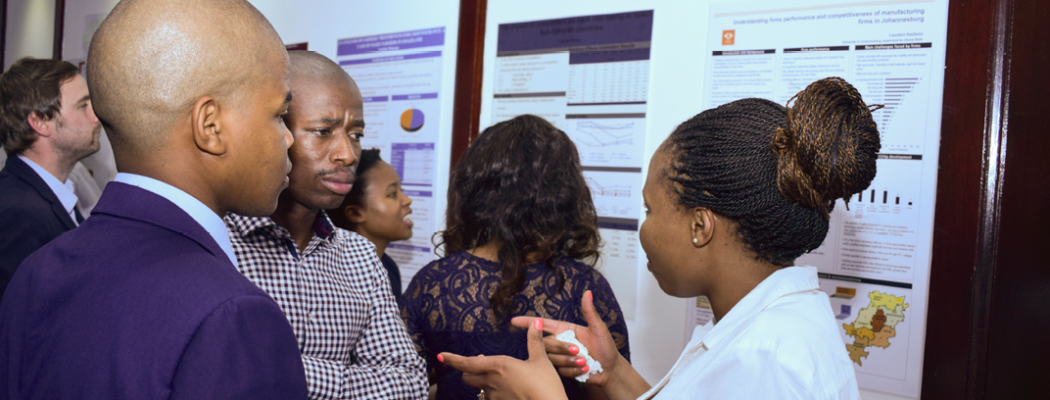SA-TIED policy dialogue – Climate-related investments: now or later?
On 12 May, the SA-TIED programme will host its second online policy dialogue as part of its SA-TIED Dialogues – Research into Policy series.
This policy dialogue will be hosted under the work stream on Climate change and energy transition as drivers of change and address the question: What are the trade-offs between investing in development based on today's uncertainty about future climate vs. investing in the future once the climate change has occurred?
Higher temperatures and extreme precipitation events associated with climate change will impact many sectors through various channels. The agriculture sector has been studied primarily in regard to yield changes to rainfed crops as well as changes in irrigation water availability for irrigated crops. Roads, bridges, power generation and transmission, machine operation, and outdoor labour are some of the key areas that will also be affected by climate change. Many of these areas reflect investments that are meant to last multiple decades.
In this policy dialogue, the discussion will center on philosophies and strategies for long-term investments when the magnitude of climate change in individual countries is uncertain. The range of questions covered during the dialogue may include:
- How much resiliency should be invested in, given budget constraints, the budgetary trade-off between quantity and quality (resiliency), and the uncertainty surrounding climate change? How do climate-resilient investments fit into overall national development goals?
- Regarding investment choices, which investments present the most difficult choices and why? Which investments are win-win? Which investments should be made soon, and which are better deferred?
- Should governments adopt a single resiliency approach for all infrastructure, or should there be sector-by-sector approaches?
About the policy dialogue
The policy dialogue will begin with a synthesis of research findings produced under the work stream on Climate change and energy transition as drivers of change by Channing Arndt, Director of the Environment and Production Technology Division at IFPRI, and Kenneth Strzepek, MIT.
Following the synthesis presentation, speakers will dive into the main questions listed above. The discussion will be moderated by Mashudu Masutha, media liaison for South Africa’s Minister of Finance.
Speakers
Saliem Fakir, The African Climate Foundation
Saliem Fakir is the Executive Director of The African Climate Foundation and has over twenty years’ experience in the field of renewable energy policy and financing. Prior to establishing the African Climate Foundation, Saliem served on the Executive Committee of the WWF South Africa as the Head of the Policy & Futures Unit for 11 years.
Elias Masilela, DNA Economics
Elias Masilela is the Executive Chairman of DNA Economics, Commissioner of the 1st & 2nd National Planning Commission. Elias holds a BA Degree in Social Science with the University of Swaziland, MSc in Economic Policy and Analysis with Addis Ababa University, as well as several professional certificates with Harvard University.
Dr Kanta Kumari Rigaud, World Bank
Kanta Rigaud is a Lead Environmental Specialist at the Africa Region at the World Bank. She works on climate adaptation policy, strategy, and knowledge management and led the development of the World Bank’s Next Generation Africa Climate Business Plan, which sets out a blueprint for ramping up climate action in the region. She has a doctorate from the University of East Anglia in the UK.
See slides here.





